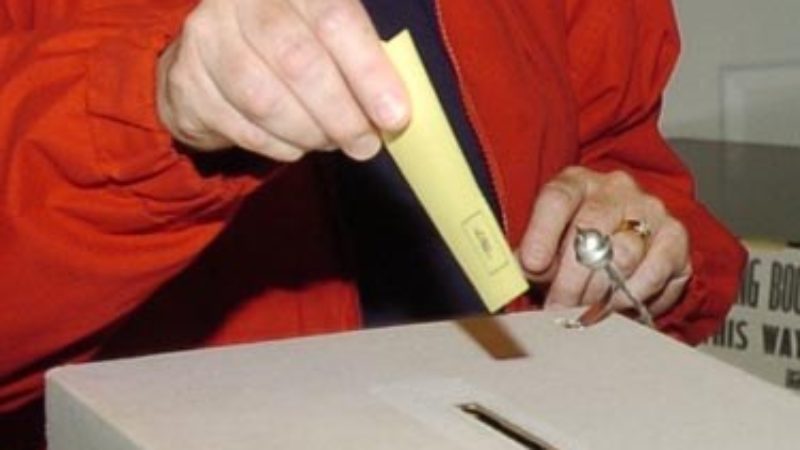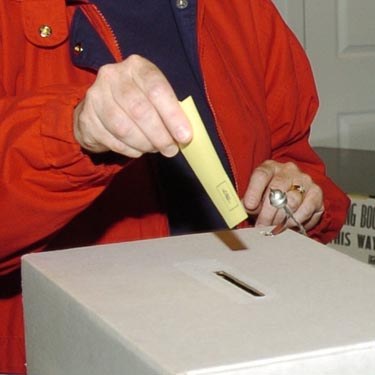
Last week, the Government quietly slipped out a written statement saying that the start date for full Individual Electoral Registration (IER) would be brought forward by one year. Instead of IER beginning in December 2016, the Government wants the transition to IER to end in December 2015.

This might seem to be a ‘techie’ subject of little political relevance. Although ‘techie’ it certainly is, it is of huge political relevance.
The impartial body with responsibility for all things electoral, the Electoral Commission, had recommended that the Government did not try to alter the electoral law in this way. They pointed out that it would mean that 1.9 million voters could be taken off the electoral register and could therefore lose the right to vote.
But this is precisely why the Government wants to make this change. In May 2016 there will be elections to the Scottish Parliament, the Welsh Assembly, for the London Assembly and Mayor of London. There will also be elections for the Police and Crime Commissioners in England and Wales and for local authorities and mayors in many parts of England. Given that many of the 1.9 million who would drop off the register are young people, from the black and minority ethnic communities and in private rented accommodation, and are more inclined to vote Labour rather than Conservative, it is clear that the Government has a political motivation.
There is also another less obvious political motive behind the Government’s move. In December 2015 the Boundary Commission will begin its review of parliamentary boundaries. The review will use the electoral register as it is at that time. As things stand, the boundary review is likely to disadvantage the Labour Party, but things would be made worse for Labour if there were nearly 2 million people taken off the register from ‘Labour areas’. It has been suggested that inner city areas, particularly London, would be seriously affected.
In ignoring the considered advice of the Electoral Commission, the Government is acting in a blatantly partisan way, and the Electoral Commission has recommended that Parliament “does not approve” the Order the Government has made. With a Conservative majority, it is frankly unlikely that the amending Order can be blocked in the Commons, although Labour will certainly oppose it. In the House of Lords there may be the possibility of a different result.
IER is, in principle, a modern and sensible way to compile electoral registers. That is why Labour has always supported the principle. But the Government is determined to try to manipulate its introduction for partisan political gain. What we are witnessing is nothing less than the curtailment of people’s rights to cast a vote in elections. In essence, it is a thinly-veiled attack on our democratic process.
Wayne David MP is the Shadow Minister for Constitutional Reform




More from LabourList
MPs, union leaders and organisations react to ‘bruising’ Gorton and Denton result
A gory night for Labour
‘SEND reforms are a crucial test of the opportunity mission’